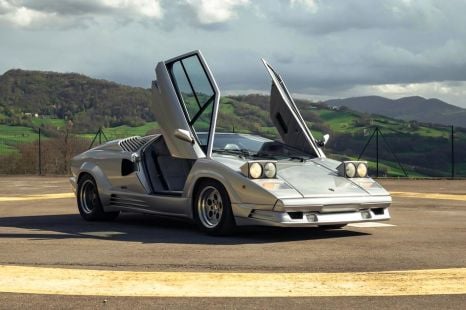

Anthony Crawford
1990 Lamborghini Countach review
6 Days Ago
Dodge's first electric muscle car is still around a year away, and will look much like last year's concept.

News Editor


News Editor
Dodge has teased its upcoming electric Charger in a Christmas-themed commercial, confirming the coupe is due in late 2024.
The illustration shows a front three-quarter view of a red Charger Daytona SRT, and shows retro single round headlights.
Compared with the concept, there also appear to be new wheels and larger exterior mirrors.

The new electric muscle car’s body in white was recently leaked in images shared on the Challenger Talk forum.
While the spied car keeps the concept’s coke-bottle contours, inspired by Chargers of the 1960s, there are some subtle visual differences, like the presence of a B-pillar. More intriguing, however, is the presence of what appears to be a transmission tunnel.
While the Charger Daytona SRT was revealed with electric power, rumours have abounded the production version will also offer petrol power.
Those rumours are true, according to a recent report from The Drive, which reports word from a source connected to a supplier with firsthand knowledge of Dodge’s production plans.
“They’re keeping [petrol] engines. The official designation for the vehicle platform is LB and it will have the new GME-T6 Hurricane inline-six in RWD and AWD,” the source told The Drive.
“It will be using the Stellantis Gen 4 transmission,” the source added, referring to a new eight-speed automatic transmission from Dodge’s parent company.
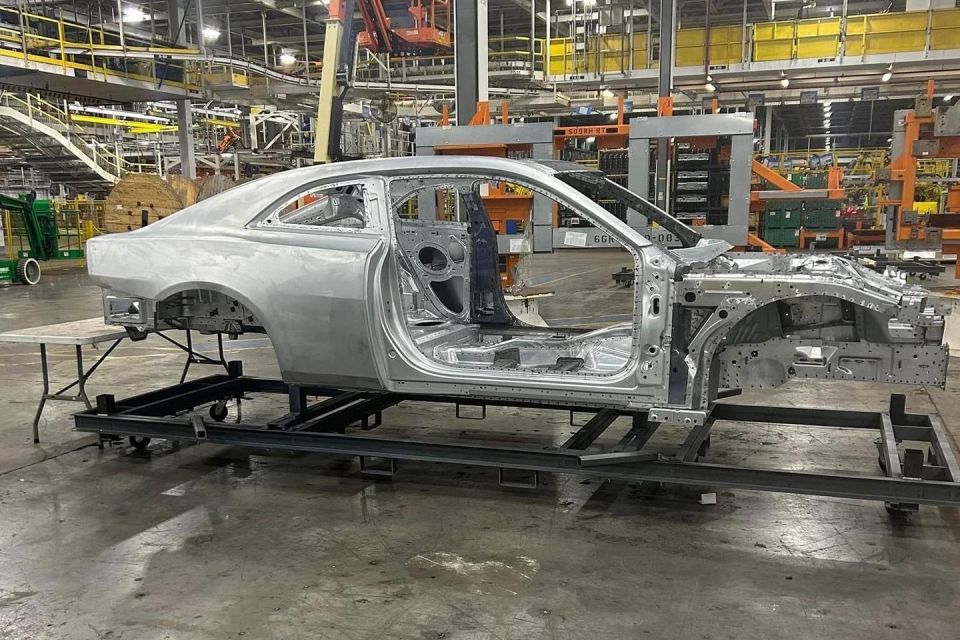
The source reportedly confirmed only the standard output version of the new Hurricane 3.0-litre twin-turbo inline-six, which pumps out 313kW of power and 634Nm of torque, but added there’s no manufacturing reason why the 380kW/678Nm high-output version can’t be used, too.
Such a version would give Dodge a similarly powerful rival to the Ford Mustang Dark Horse, which pumps out 373kW and 567Nm – albeit from a naturally aspirated V8.
Though Dodge has used the heritage Challenger name on its two-door Ford Mustang rival this century and has kept the even older Charger nameplate for a related four-door sedan, last year’s Charger concept was a coupe – a body style continued for the production model.
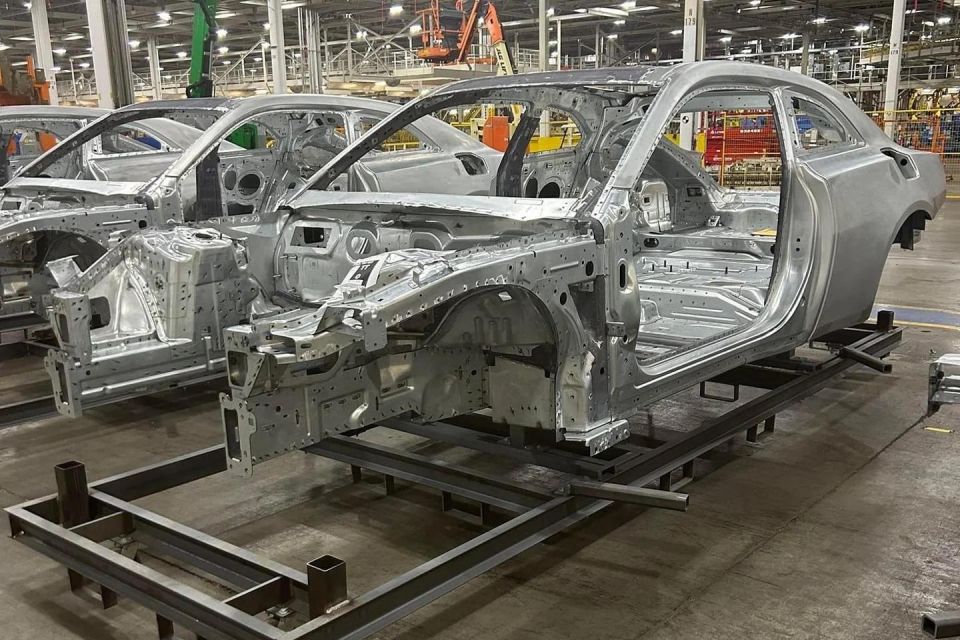
The Drive’s source confirmed the factory floor images are indeed of the next Charger.
It’s unclear whether there will be a sedan version, which is widely used as a police car in the US – though police departments there have been embracing SUVs more and more.
Dodge CEO Tim Kuniskis has previously confirmed the new STLA Large architecture is a “multi-energy platform” that “has the ability to run an ICE engine”.
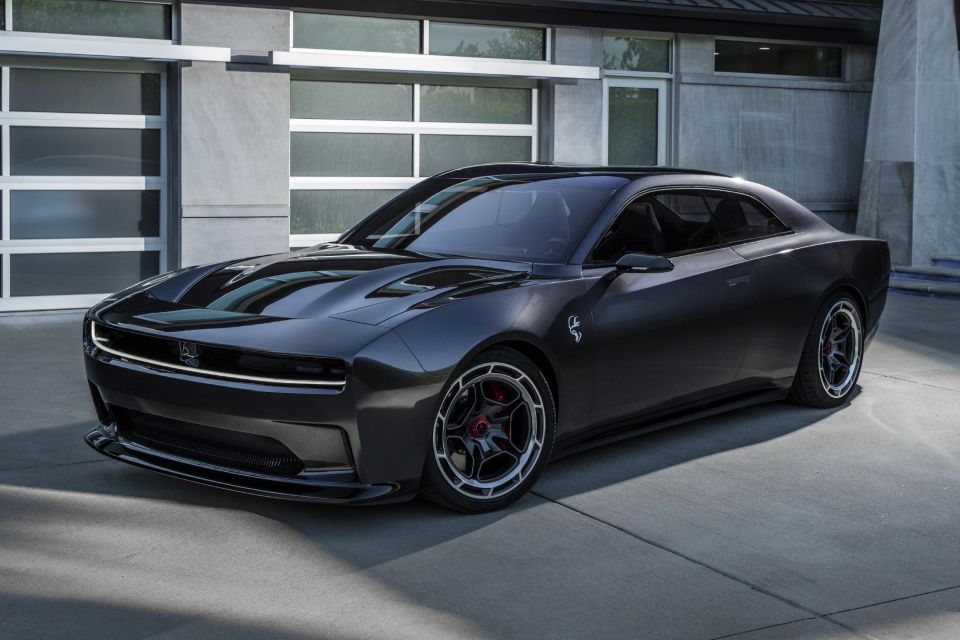
“I can take the floor pan out. I can take the battery out. I can put a drive-shaft tunnel in there. The platform is made to be able to do that. It’s modular,” he told The Drive last year.
“I can put an ICE engine in it. It doesn’t mean we’re going to.
“We’re certainly not launching with anything like that. We’re launching full battery electric.”
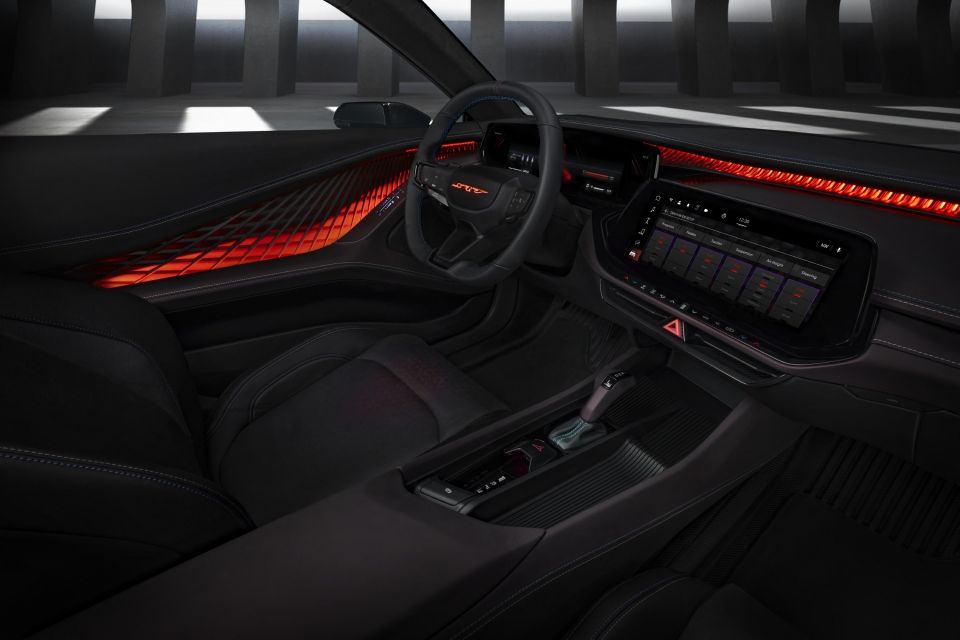
Dodge has previously confirmed 340kW, 370kW, 400kW, 440kW, 470kW and 500kW electric powertrains for the production Charger Daytona, using a 400V electrical system.
Customers will be able to purchase upgrades or “crystals” from the brand’s dealerships.
The brand had also previously announced a more powerful option using an 800V electrical system, which could produce up to 660kW.
For reference, the supercharged 6.2-litre V8 engine fitted to the Charger and Challenger Hellcat Redeye makes 594kW and 959Nm.
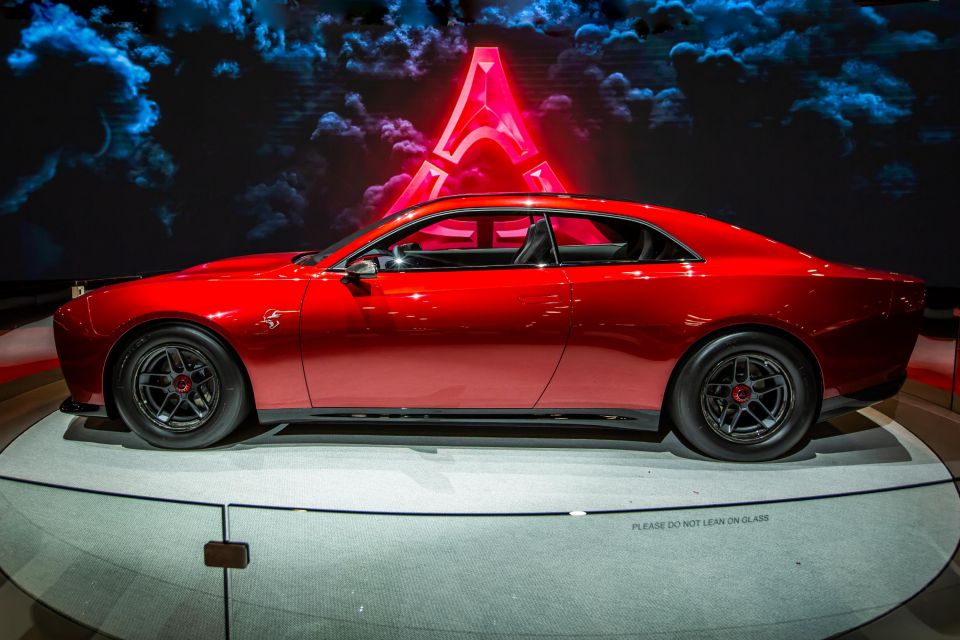
Dodge will lock out aftermarket tuners, while these upgrade kits will be tied to the car and its VIN, so all subsequent owners will be able to use all purchased upgrades for a particular vehicle.
The STLA Large architecture will support battery capacities of between 101kWh and 118kWh, allowing for up to 800km of driving between charges, and for both single-motor rear-wheel drive and dual-motor all-wheel drive powertrains.
This architecture will not only underpin Dodge’s new muscle car, but also a variety of cars and SUVs across other Stellantis brands like Chrysler and Jeep.
The Charger Daytona SRT concept was revealed with numerous features unusual for an EV.
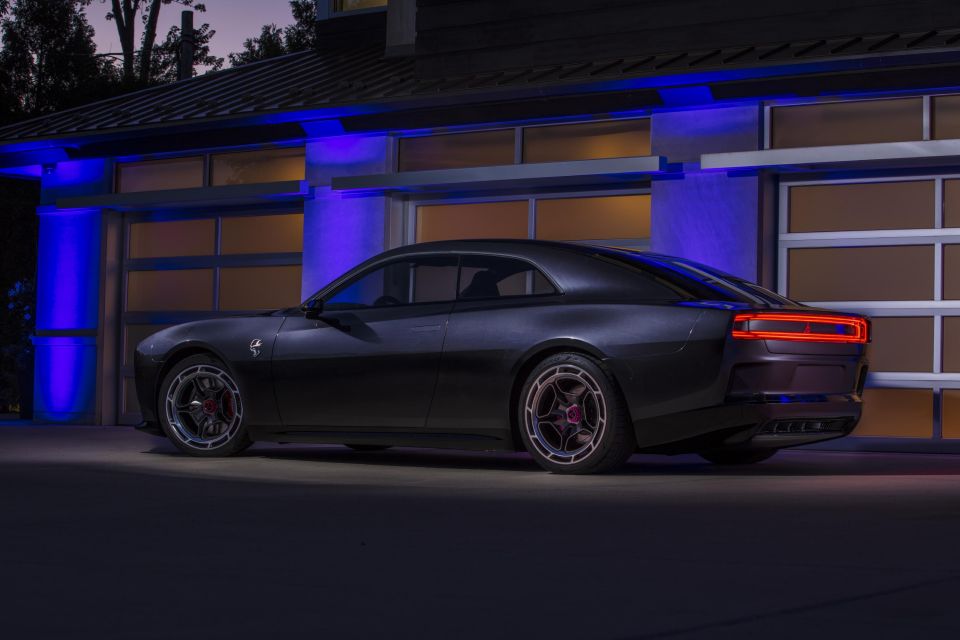
That includes the so-called Fratzonic exhaust, which uses an external speaker that connects to the throttle position and speed of the vehicle and pushes sound out through a rear outlet. It can reach 126 decibels – as loud as a supercharged V8-powered Challenger or Charger Hellcat.
The concept also features an R-wing aerodynamic pass-through front spoiler to enhance downforce, plus the eRupt multi-speed transmission providing an electro-mechanical shifting experience.
The concept also featured a hatchback. Should the production version do the same, it would be the first time since the front-wheel drive, four-cylinder 1981-87 Charger that this nameplate has been used on a hatch.
Dodge has been sending off its current petrol-powered Charger sedan and Challenger coupe with a series of special editions under the Last Call banner.
The brand has previously confirmed it will end production of these models no later than December 31, 2023.
William Stopford is an automotive journalist based in Brisbane, Australia. William is a Business/Journalism graduate from the Queensland University of Technology who loves to travel, briefly lived in the US, and has a particular interest in the American car industry.


Anthony Crawford
6 Days Ago


Matt Campbell
5 Days Ago


James Wong
4 Days Ago


Max Davies
2 Days Ago
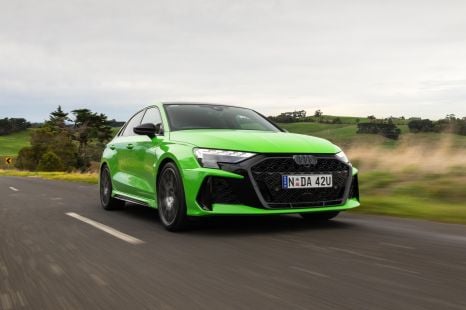

Josh Nevett
1 Day Ago
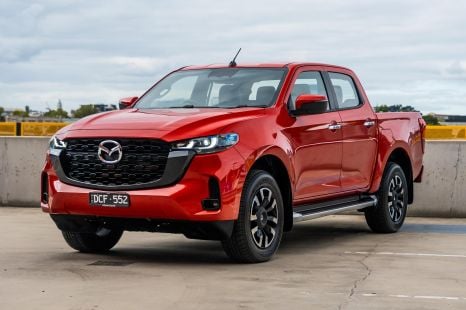

Josh Nevett
19 Hours Ago